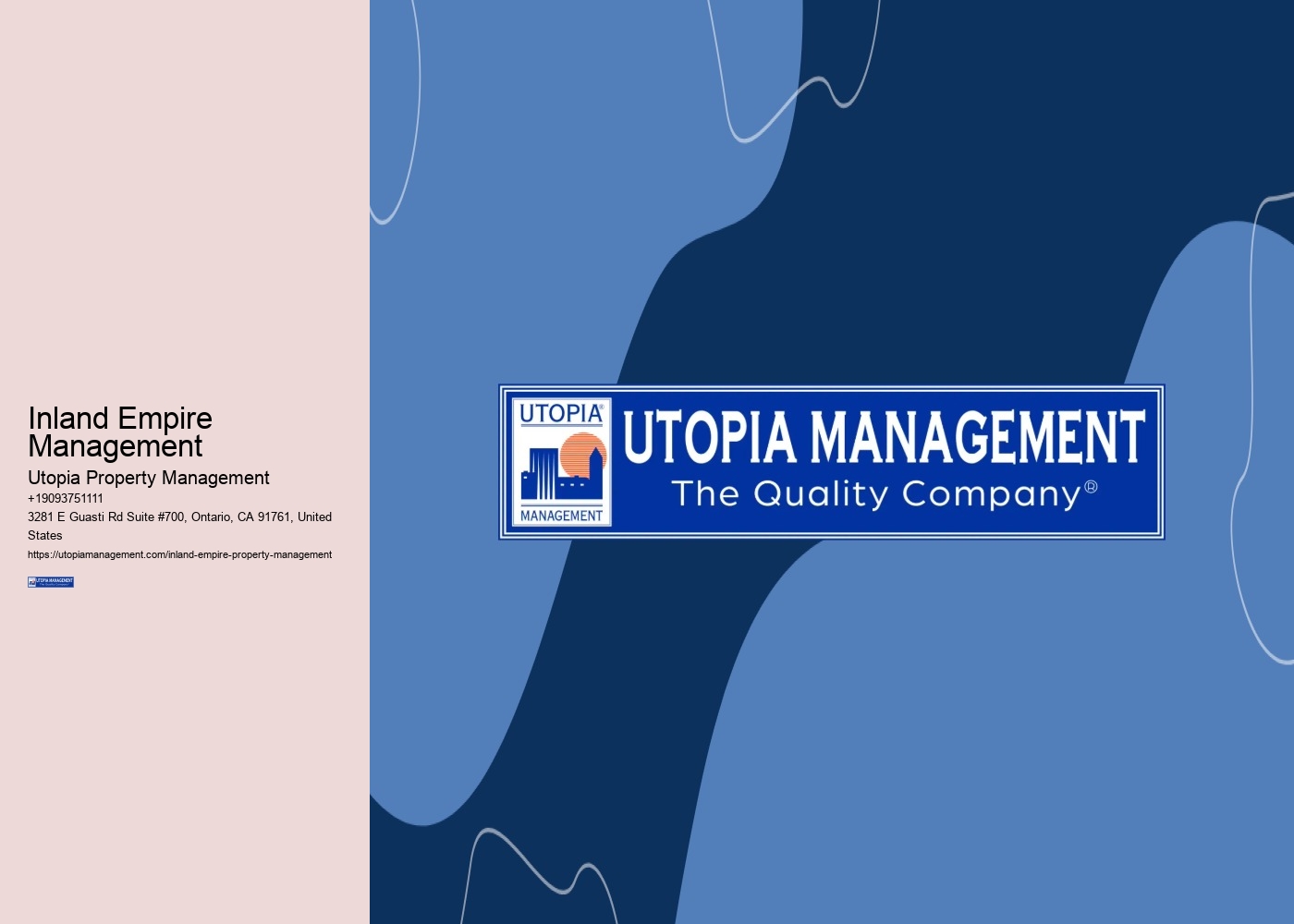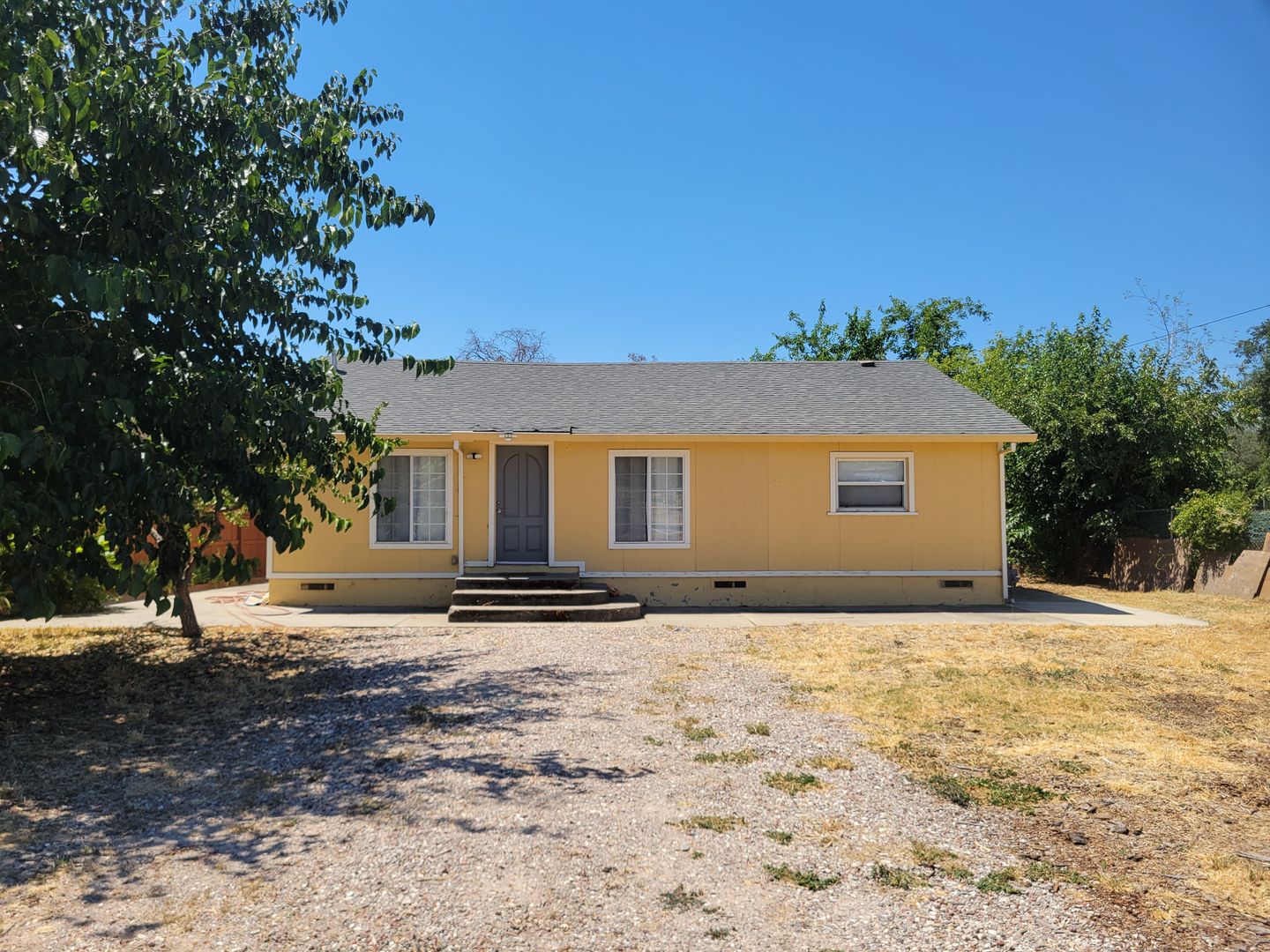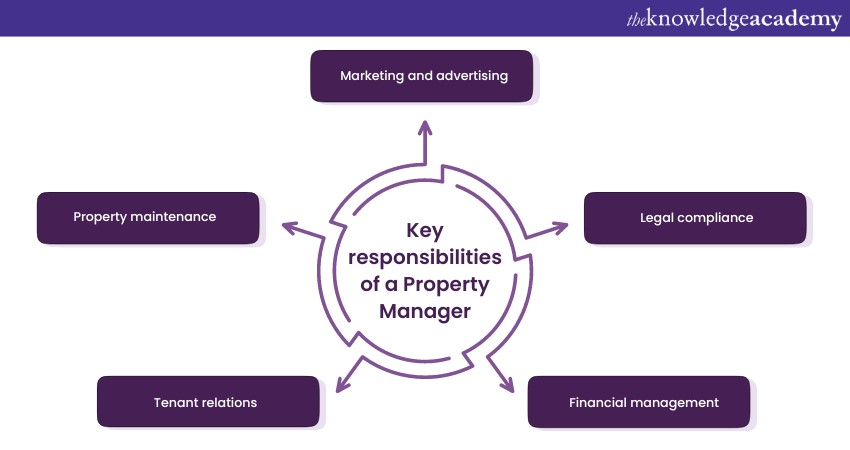

As the real estate landscape evolves, innovative property management services are becoming integral to ensuring operational efficiency and tenant satisfaction.
The integration of advanced technologies, such as smart home systems and data analytics, is reshaping how properties are managed and experienced. These advancements not only cater to the expectations of a tech-savvy tenant demographic but also pave the way for sustainable practices that resonate with contemporary values.
However, the implications of these changes extend beyond mere convenience-what strategies will emerge to navigate the complexities of this shifting paradigm?
In recent years, the property management industry has experienced a significant transformation, driven by technological advancements that streamline operations and enhance tenant experiences. The adoption of integrated property management software has revolutionized how landlords and property managers handle tasks.
Automation tools enable efficient communication between managers and tenants, reducing response times and improving satisfaction. Additionally, data analytics empowers property managers to make informed decisions regarding pricing strategies and market trends.
Virtual tours and online payment systems have further simplified the rental process, making it more accessible for prospective tenants. As these technologies continue to evolve, they promise to shape a more efficient and responsive property management landscape, benefiting both property owners and tenants alike.
Smart home integrations are transforming the way tenants interact with their living spaces, enhancing convenience and security. These technologies allow for seamless control of various home systems, including lighting, heating, and security, all through a centralized app or voice command.
Features such as smart locks, video doorbells, and thermostats enable tenants to manage their home environment more efficiently, promoting energy savings and safety. Additionally, property managers can benefit from these integrations by remotely monitoring systems and addressing maintenance issues proactively.
This not only improves tenant satisfaction but also streamlines operational processes. As the demand for modern living experiences grows, smart home integrations are becoming essential in attracting and retaining tenants within the competitive real estate market.

Data-driven decision making has emerged as a pivotal strategy in property management, allowing stakeholders to leverage analytics and insights for improved operational efficiency. By harnessing data from various sources, property managers can make informed decisions that enhance asset value.
Predictive analytics enable proactive maintenance, reducing costs and increasing tenant satisfaction by addressing issues before they escalate. Additionally, data visualization tools offer clear insights into portfolio performance, guiding investment strategies and resource allocation.
Implementing these data-driven practices fosters a culture of continuous improvement, ensuring that property management adapts to changing market dynamics and meets evolving tenant needs. Ultimately, this strategic approach positions property managers for long-term success in a competitive landscape.
Creating a positive tenant experience is essential for fostering long-term relationships and ensuring high occupancy rates in property management. A focus on tenant satisfaction can greatly enhance retention and referrals. Implementing user-friendly communication channels, such as mobile apps and online portals, allows tenants to easily report issues, pay rent, and access important information.
Regular feedback surveys can also provide valuable insights, enabling property managers to address concerns proactively. Additionally, organizing events fosters a sense of belonging, making tenants feel valued and connected.
Providing prompt maintenance services and personalized interactions further contributes to a positive atmosphere. Ultimately, prioritizing tenant experience not only increases satisfaction but also elevates the overall reputation and success of property management operations.

The growing emphasis on enhancing tenant experience naturally aligns with the increasing demand for sustainable property management practices. Modern property managers are adopting eco-friendly initiatives, such as energy-efficient appliances, water conservation systems, and renewable energy sources.
Implementing green certifications not only lowers operational costs but also attracts environmentally conscious tenants. Furthermore, incorporating sustainable landscaping and waste reduction programs fosters a healthier living environment and community engagement.
Technology plays a critical role in this shift, enabling real-time monitoring and optimization of resource usage. By prioritizing sustainability, property management companies can improve tenant satisfaction while contributing to broader environmental goals.
Frequently, property investors are faced with the challenge of ensuring their investments remain resilient in an ever-evolving market. Future-proofing investments requires a strategic approach that encompasses current trends, technological advancements, and shifting consumer preferences.
Investors should prioritize properties that integrate smart technology, enhancing energy efficiency and tenant experience, ultimately commanding higher rental yields. Additionally, staying informed about market fluctuations and regulatory changes can safeguard against unforeseen risks.
Diversifying portfolios across various asset types-residential, commercial, and mixed-use properties-can also mitigate vulnerabilities. Engaging with innovative property management services that leverage data analytics further enables proactive decision-making, ensuring properties adapt to future demands.

When a tenant damages your property, it is essential to assess the extent of the damage immediately. Document the damage through photographs and written descriptions, and communicate with the tenant to address the issue. Depending on the lease agreement, you may be entitled to deduct repair costs from the tenant's security deposit. If necessary, legal action can be pursued to recover additional expenses incurred due to the damage. Always consult legal counsel for guidance in such situations.
A reputable property management company should possess several key qualifications. First, they should have appropriate licensing and certifications as mandated by local regulations. Experience in the industry is vital, ideally with a proven track record of managing similar properties. Knowledge of local housing laws and market trends is essential. Additionally, strong communication and conflict resolution skills are important to effectively handle tenant relations. Finally, positive client testimonials can indicate a company's reliability and professionalism.
When engaging with property management companies, it is important to understand the various fees that may be incurred. Typically, these fees include a monthly management fee, which generally ranges from 8% to 12% of rent collected, leasing fees for tenant placement, maintenance fees for property upkeep, and sometimes additional charges for evictions or inspections. Always request a detailed breakdown of costs to guarantee transparency and to understand the overall financial commitment involved.